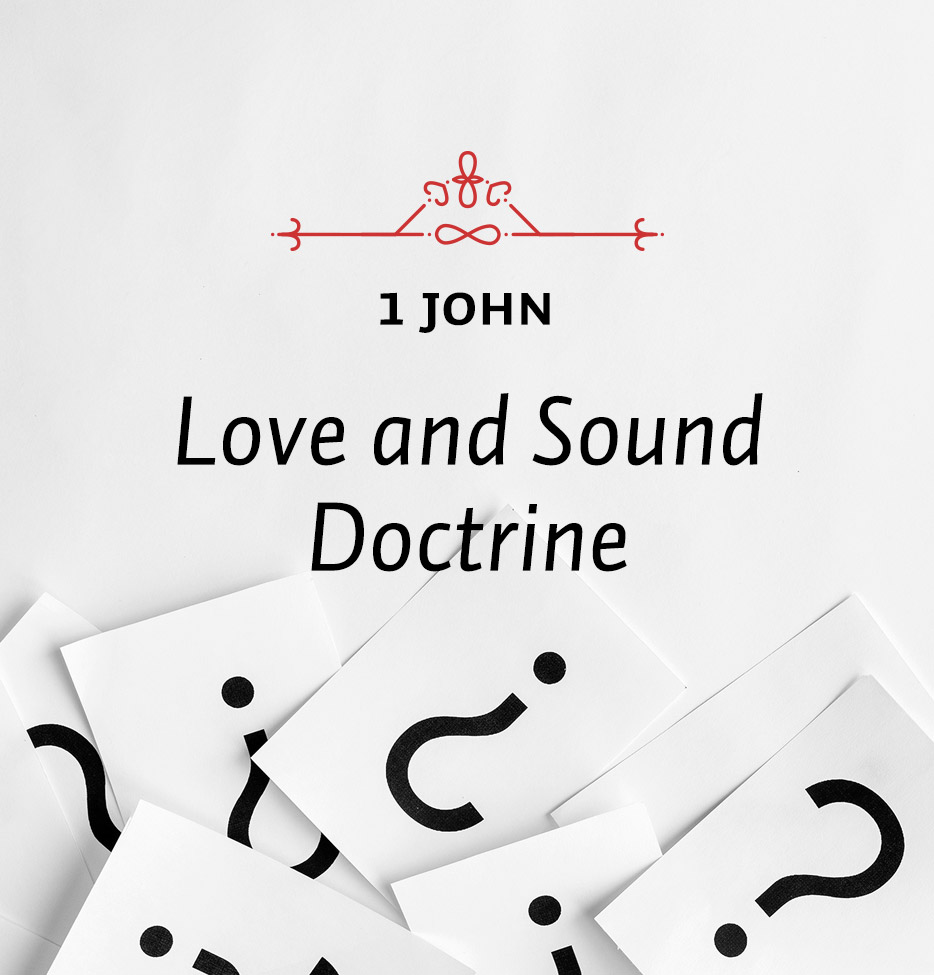In verses 13-16 John has developed the first of two ideas introduced for the first time in verse 12, the indwelling of the Christian by God. Now he returns to the second of those two ideas, the perfection of love, and explains what he means practically. Earlier, when he had said, “If we love one another, God dwelleth in us, and his love is perfected in us,” the reader might have been left with the question of how such a thing could be possible. God’s attributes are perfection; He is perfection. Consequently, he might wonder how God’s love could be perfected in us, or anywhere else for that matter. Now John explains his meaning, showing that his emphasis was not so much upon that love that God has in Himself (which obviously is already perfect) but rather upon our love both for God and one another. This has its source in God and is brought to completion by Him. “Perfection” here does not mean totally without flaw in a moral or any other sense. It means “whole” or “mature,” and it refers to that state of mind and activity in which the Christian is to find himself when the love of God within him, expressing itself in the believer’s own love, has accomplished that which God fully intends it to accomplish. The RSV correctly renders this by saying, “In this is love perfected with us” (v. 17).
No doubt there are many aspects of love’s perfection, but from this greater number John singles out two. First, there is confidence in view of God’s coming judgment (vv. 17-18). Second, there is love of the brethren (vv. 19-21).
This is the third time in the letter that the word “confidence” (parresia) occurs, and it will occur once more. In two of the four instances it refers to confidence before God in reference to prayer (3:21; 5:14). In the other two instances, one of which is this text, it refers to confidence before God in view of Christ’s return and the execution of His righteous judgment against sin (2:28; 4:17).
The idea of God’s judgment is an unpopular one today, but it is not necessarily less popular than it was in John’s time. The problem is simply that men and women do not like the idea of having to account to God for their actions. So they tend to discount the idea, hoping that the day of judgment might just go away. But judgment is the only logical idea of the three ideas usually associated with the end times. In most systems of theology the end events focus around three things: the return of Christ, the resurrection, and the judgment. But neither the return of Christ nor the resurrection is logical. Jesus came once and was rejected. He was crucified. If He never came back, this would be logical and no one, least of all ourselves, could blame Him. Yet against logic He is returning. The resurrection is not logical either, for even the Bible declares of our bodies: “dust thou art, and unto dust shalt thou return” (Gen. 3:19). Logically no one could expect more. But judgment? That is the most logical event that the future holds for any man or woman. So what thinking man can ignore it? Or who should not fear it apart from the justification of His own people which God has wrought in Christ?






